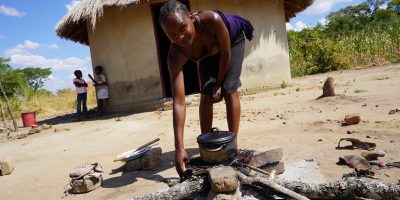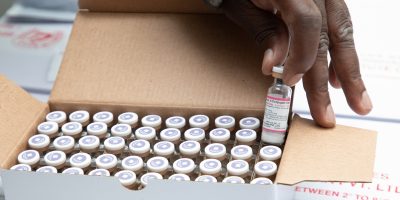*Applications for the first phase of fellowships have now closed*
Applicants will be informed of the result of their applications by email by 19 March. Applications for a second phase of fellowships will open at the end of May. The activities of the next phase will run from the beginning of September until the end of November.
The Social Science in Humanitarian Action Platform (SSHAP) is delighted to launch its inaugural Fellowship Programme to begin in May 2021. Funded by the UK Foreign, Commonwealth and Development Office and the Wellcome Trust, SSHAP is looking for future leaders in social science to be able to apply their knowledge in humanitarian emergencies in locally relevant ways.
At its core, SSHAP’s vision is to encourage emergency responses which are effective, adaptive, contextually informed and based on social and interdisciplinary science and evidence. The fellows will play a vital role in realising SSHAP’s vision. Throughout the duration of the fellowship, the programme will pair social scientists with practitioners in the same region to facilitate and encourage interdisciplinary collaboration and knowledge exchange.
The fellows will also have the benefit of working closely with leading thinkers and practitioners from within the SSHAP partnership between the Institute of Development Studies, Anthrologica and the London School of Hygiene and Tropical Medicine.
The fellowship will include:
- 1:1 mentoring with a SSHAP expert
- Tailored professional training programme (which may include context analysis, communications skills, stakeholder mapping, vulnerability assessments)
- Opportunities to learn from peers and share experiences
- Platform to shape discourse and dialogue
- Support in developing an operational briefing to be published and promoted via SSHAP channels
Eligibility
We welcome submissions from skilled and committed social scientists and practitioners in the field to take up this opportunity and contribute to our growing network.
To be eligible for the fellowship you must:
- Be a national of and currently living in a lower- or middle-income country.
- Be either 1) a social scientist with research experience or 2) a public health or humanitarian response practitioner in a position to influence design and/or rollout of humanitarian activities.
Who you are:
- Social scientist: you are a social scientist with a deep understanding of your country’s social and political context. You are well networked; you are in touch and have collaborated with other social scientists in your geographical region. You have the knowledge to map the social science capacity of your region, as you know who the key players are. With the skills developed in this fellowship you will be able to make your social science research useful for humanitarian action.
- Humanitarian practitioner: you are an experienced humanitarian practitioner (working for a local or international NGO, UN Agency, or other humanitarian agency) and you are responsible (or have been) for planning humanitarian activities or carrying out surveys and other forms of research to influence activities. You are well networked: you are part of regional humanitarian networks and you know who the key players in your geographical region are. With the skills developed in this fellowship you will learn how to best use social science to design activities and research more effectively.
We will also ask all applicants to provide 1 referee.
Dates and duration
- 3 May – 30 July 2021 (approximately one day per week over 3 months)
- Final workshop to be held in December 2021
We will also be advertising for a second phase to begin in September 2021.
*Please note that all stages of this Fellowship – including the final workshop – will be held online*
Honorarium
Each fellow will receive an honorarium of £2000.
Key information:
- Applicants will be informed of the result of their applications by email by the middle of March.
- SSHAP is committed to embedding and supporting equality, diversity and inclusion in our work and in all our activities. We welcome applications from people of all backgrounds, beliefs, identities, orientations and abilities.
- Please contact Annie Lowden: [email protected] if you have any queries or questions.
Subscribe to our newsletter for updates about the next phase of the fellowship.





